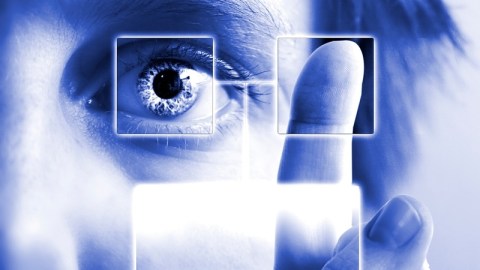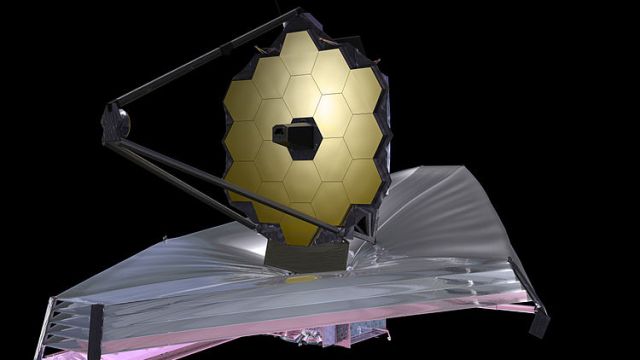Just How Dangerous is Facial Profiling?

Within the next 60 days, state law enforcement agencies across the nation are set to implement a new facial profiling technology that will enable them to scan faces of people in a crowd and cross-check this scan data with information already in their databases. Simply by equipping a so-called MORIS (“Mobile Offender Recognition and Information System”) device to an iPhone, it will be possible to scan faces from as far as five feet away and perform iris scans at distances of six inches or less. The same technology that makes it possible to spot an Al Qaeda insurgent in Afghanistan or nab a suspected terrorist in New York City also makes it possible to nab an undocumented migrant worker in El Paso or Laredo. And therein lies the problem.
Facial profiling is, if not used properly, as dangerous to our privacy and civil liberties as racial profiling. Which faces will police officers scan in a crowd? And when do law enforcement agents have the right to scan your irises? Having your iris scanned, as some have suggested, is tantamount to being fingerprinted in public – and potentially, without you even knowing about it. Of course, as Emily Steel and Julia Angwin point out in the Wall Street Journal, taking photos of people passing through a public space is fully enabled by law. And it’s perfectly acceptable for a law enforcement to stop and detain someone if they have “reasonable suspicion” that a crime has been committed – or is about to be committed.
But what if they just don’t like your face? (Maybe you forgot to shave that morning, and your ironic hipster beard is starting to look a little too much like an Osama beard.)
Getting stopped and detained raises a whole host of other legal questions related to search-and-seizure. Do you have the right to resist an iris scan if you have been detained? Thus far, the courts have not yet had to rule on face- and iris-recognition technology. But, as law professor Orin Kerr from George Washington University points out, “A warrant might be required to force someone to open their eyes.”
It’s perfectly possible that Facial Profiling by law enforcement authorities will cause a civil libertarian uproar. Just think of the TSA pat-down procedures at airports. How many of us enjoy getting a little extra grope on the way to our planes? If we think full-body scanners are invasive enough, what about a bunch of Bad Lieutenants in Arizona having a little fun with their new iPhone toy?
Every time a technology company comes up with an innovative new way to “protect” us, we move further into a civil liberties gray area. Nearly a decade ago, when Oracle announced plans for a national ID card, Larry Ellison came under a firestorm of commentary. Even as recently as the past 18 months, when companies like Facebook and Google have developed new facial recognition technologies that enable us to “tag” our friends in photos, there has been murmurs of dissent from privacy and civil libertarian activists.
At the end of the day, facial recognition technology doesn’t profile people, people do. Some would argue that the more that law enforcement authorities know about us, the freer we are. They will be better able to protect us from the evil forces of Al Qaeda circulating in our midst. Yet, at some level, that argument begins to sound a bit Orwellian. War is Peace. Freedom is Slavery. Ignorance is Strength. So just how dangerous is facial profiling?





